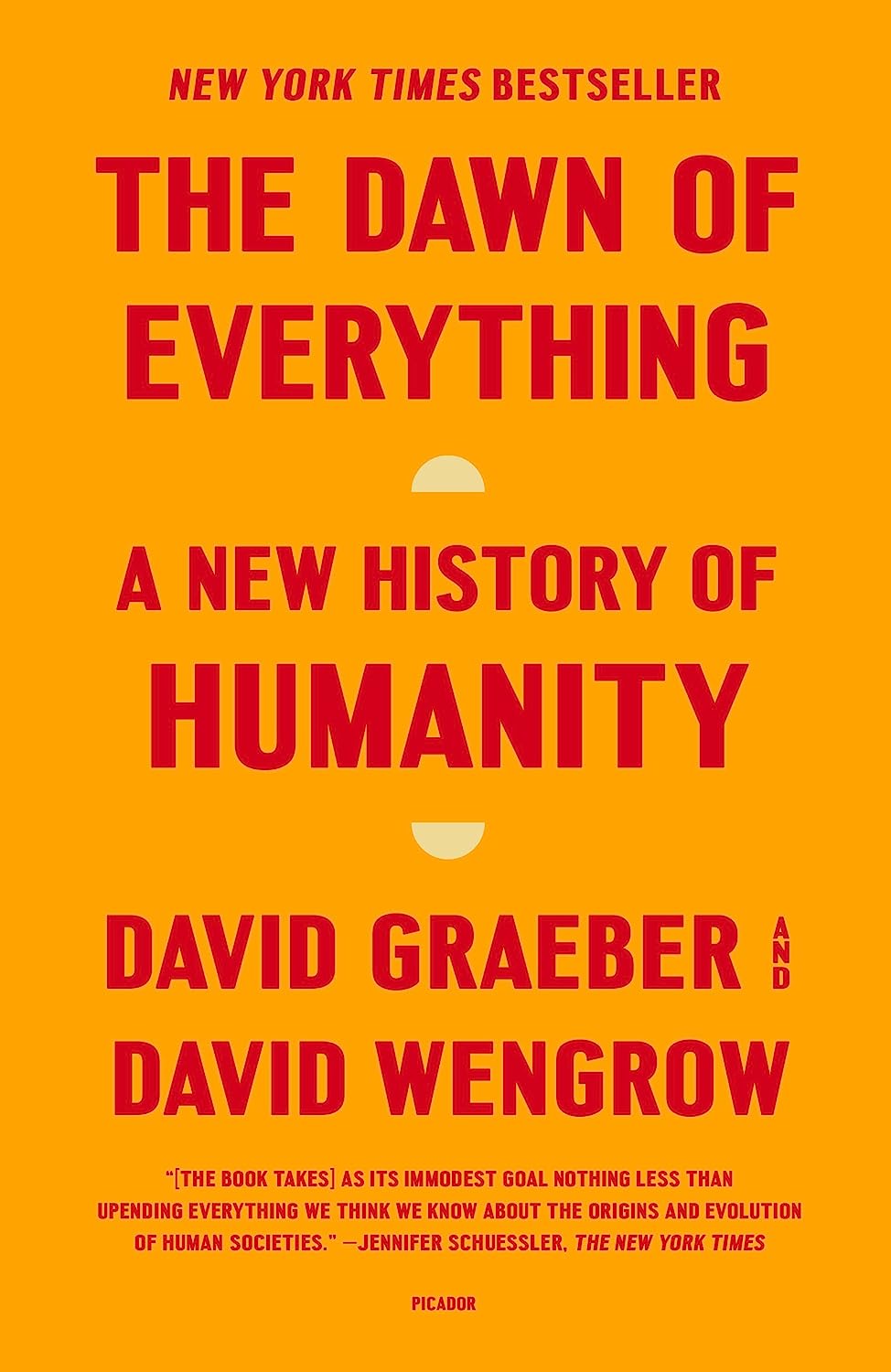
The Dawn of Everything: A New History of Humanity
David Graeber, David Wengrow
Half a year after reading this, I have mostly processed the thing.
And it is both thought-provoking and methodologically deeply problematic: building mental models and structures of past societies that just feel really tacked on, artificial and fished on to build a point. What is the evidence of „heroic societies“ and the sameness of their norms across time and culture? Well, very thin.
And that is the main problem of the book, repeatedly: it stretches out too wide, too far to, very often with little to no effect on its interesting and quite well researched main points. And that is a shame: because it has lots to say about society, different organisation forms, playfullness or structures. The core is not only healthy, it is great.
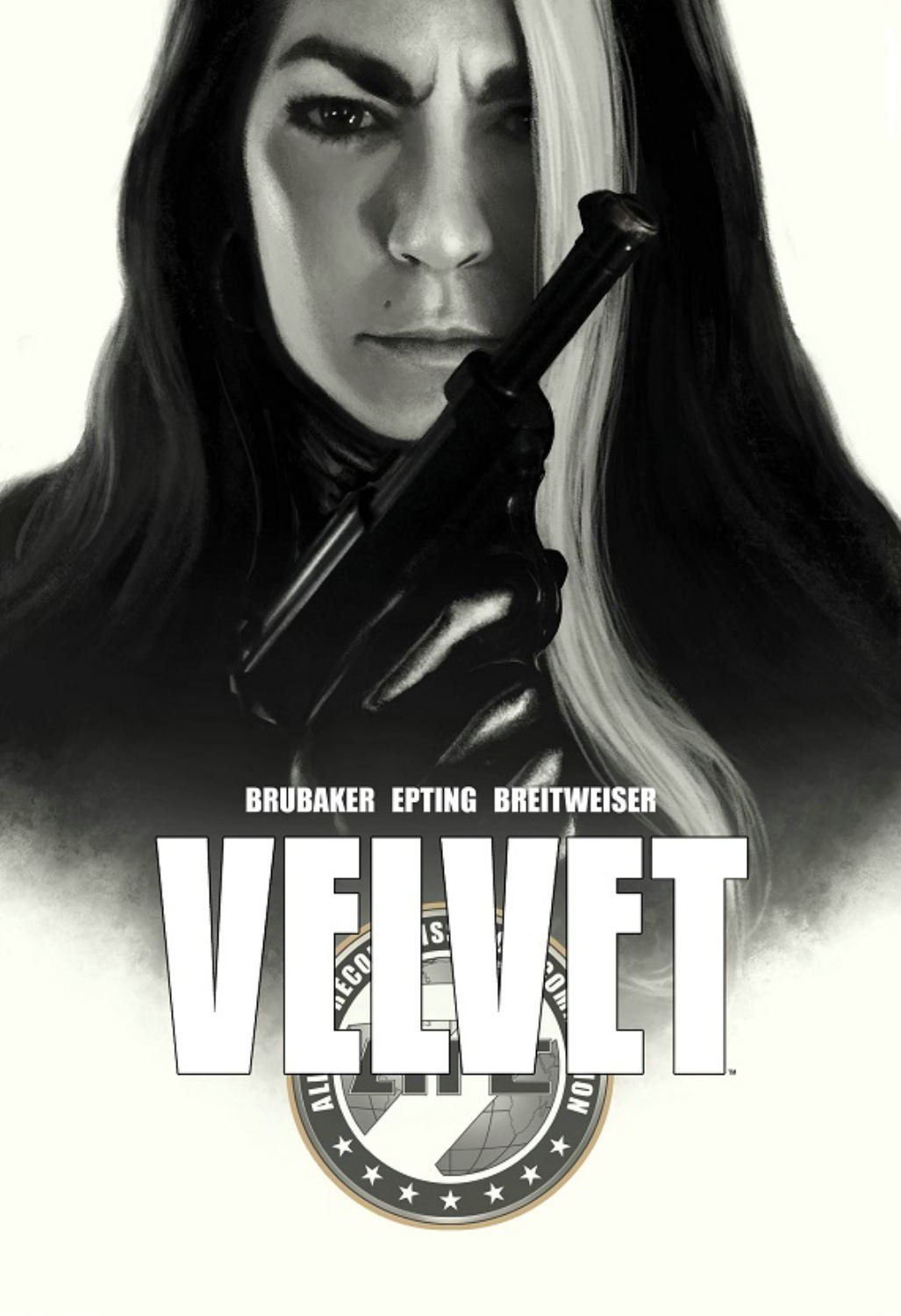
Ed Brubaker (Writer), Steve Epting (Artist), Elizabeth Breitweiser (Artist)
Ooof. All the Cold War Spy clichés in one place, but with literally no real intrigue, super-weird random things and a heroine, who is held at gunpoint multiple times in the course of the story, but always, always escapes.
I really missed the charm of this one.
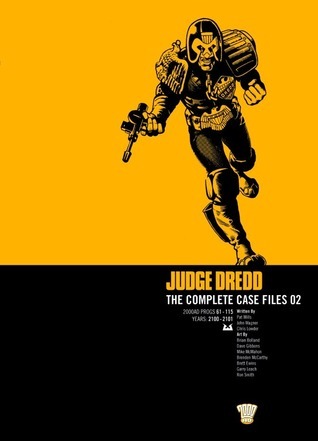
Judge Dredd: The Complete Case Files 02
John Wagner
Very unexpectedly clever short stories that can surprise, entertain and at times give a mini hint of a thrill. The funniest part of it all is the utterly bizarre world that is ultimately more important than everything else: from boredom crimes to ugliness clinics.
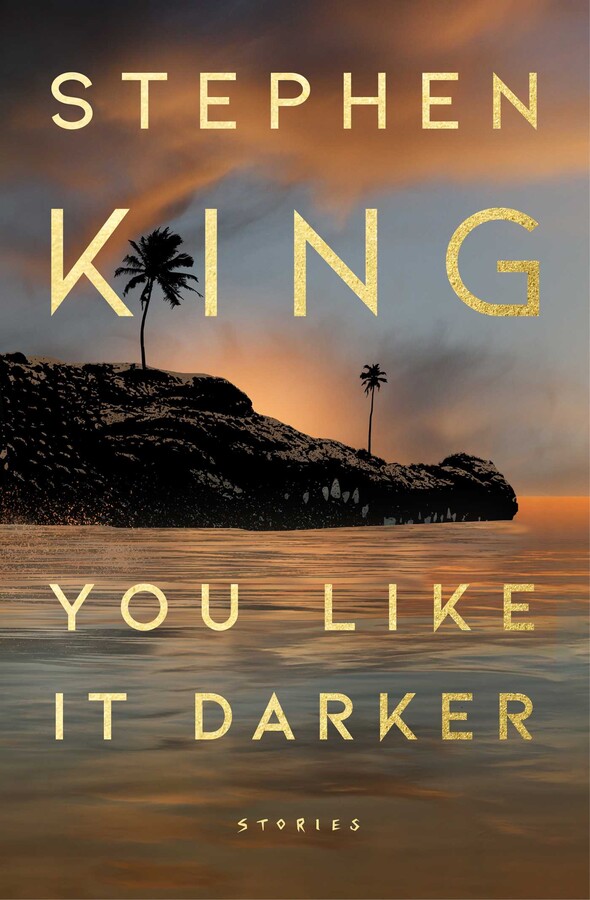
Stephen King
Not the best piece King has put together, dragged down by weaker passages.
Danny Coughlin’s Bad Dream is something we have already read from King many times over (looking at you, Outsider), but the Rattlesnakes are just a good piece of writing.
And for some reason, the Answer Man (even if quite close to other things from King) just hits hard. Solid collection, can recommend.
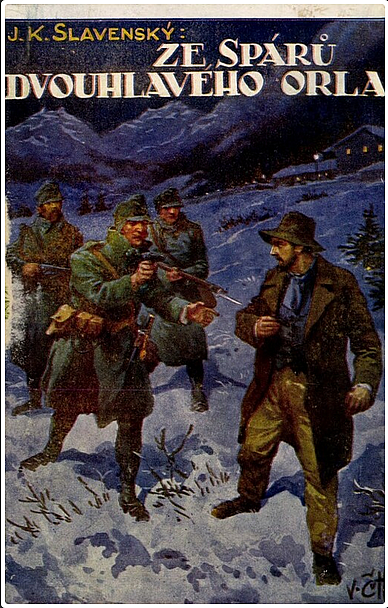
Karel Jan Mervart-Slavenský
This little curiosity, which has become somewhat of a relic today, was given to me by a friend because of my interest in the legions, legionnaires, and especially the interpretation of their stories.
And it’s absolutely fascinating! The author very clearly writes in his own way, without much editorial or stylistic effort to make it more readable (don’t expect much in the way of direct speech). At times, he naturally highlights his own heroism, but he doesn’t shy away from describing complete and utter failures: though he does his best to shift the blame onto others rather than the legionnaires themselves. After all, the very first reconnaissance mission ends with the entirely pointless slaughter of Old Guard legionnaires aka starodružiníci, without any gain whatsoever.
It definitely needs to be read critically and with a sense of perspective, but as a historical document, both of how the author felt at the time and, more importantly, how he wanted to be seen, it’s brilliant. Especially in comparison with the much more polished memoirs of Medek and others. In the end, it stands just one step away from classic diary entries, occupying a strange meta-position somewhere between a record and a fiction.
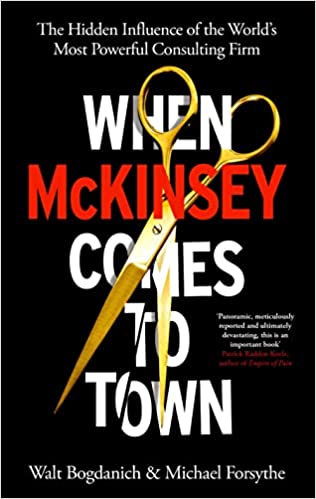
Walt Bogdanich, Michael Forsythe
It’s an interesting book that has some very solid blows (Saudi Arabia connection, SAR thingie, opioid crisis), some are a bit far fetched (yes, coal is bad and McKinsey works for coal companies, no surprises there in late stage capitalism) and some are entertaining but with no big value.
What is the exciting big thing is of course not connecting these (hard to connect a decentralised company like this to everything), but the list of clients and so on. Worthy read and a good perspective on the business, but it’s not like „consultancies are bad“ is something new and fans won’t find much to change their minds here.
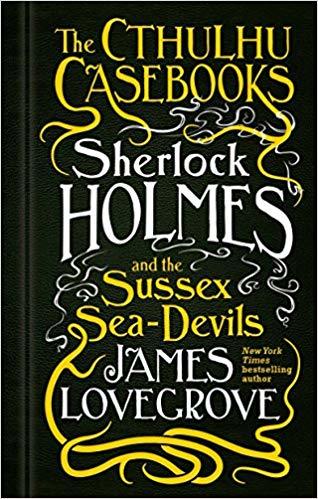
Sherlock Holmes and the Sussex Sea-Devils
Sherlock Holmes Cthulhu Casebooks #3
James Lovegrove
The weakest one of the trilogy in the end. The story meanders and both Holmes and Watson are more accessories to things that just kinda happen. Listened to it with my partner before falling asleep, and it fit that purpose, but it would be quite hard to get excited about it in a different context.
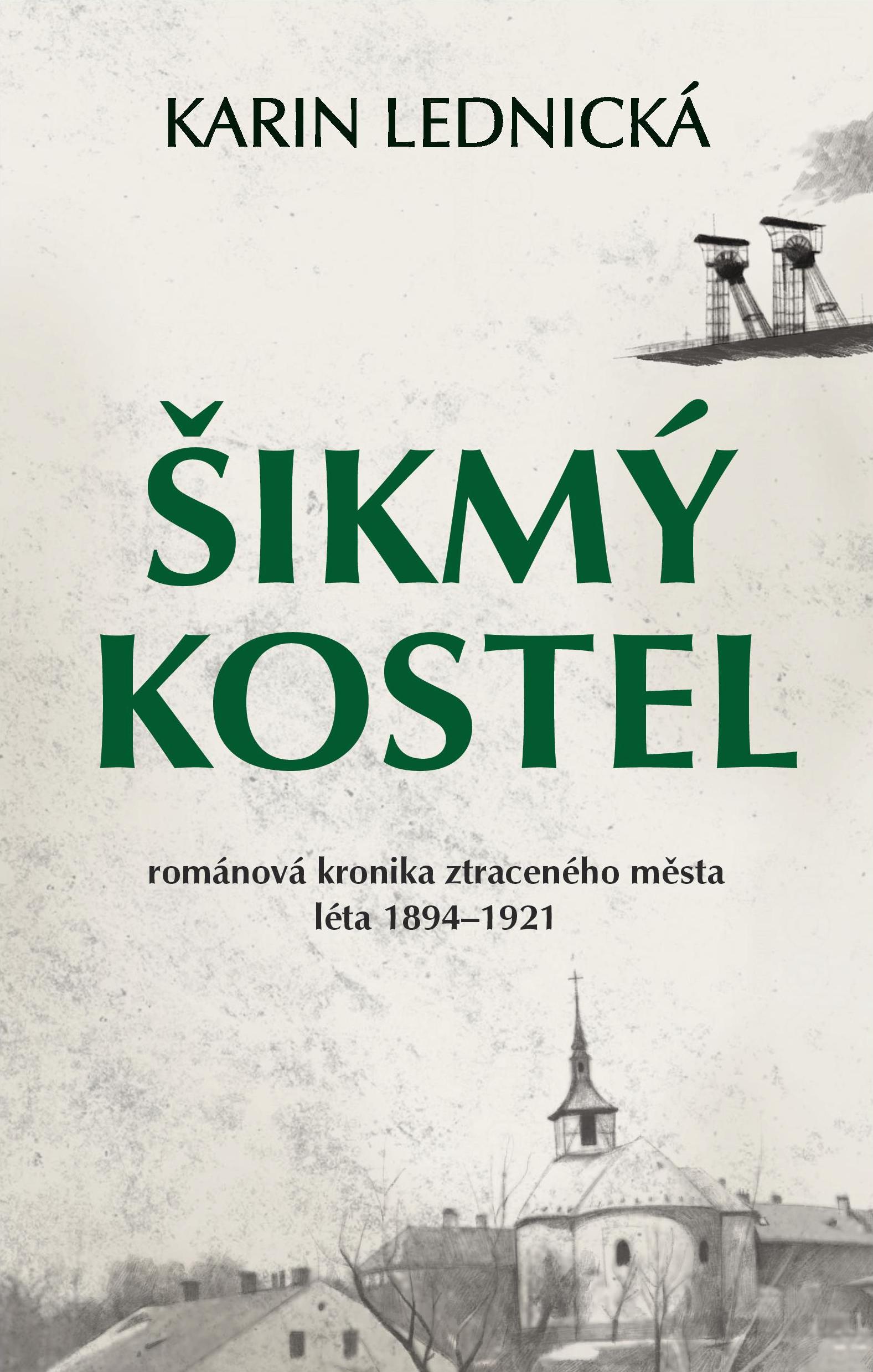
Šikmý kostel: románová kronika ztraceného města
Karin Lednická
The multi-generational family saga is one of those polished, BIG genres — books that are approached with a certain reverence and a serious expression, almost by default. But it’s also a genre prone to some serious pitfalls: excessive length, suffering porn, and pushing its own agendas.
Šikmý kostel manages to avoid most of these problems. Not only is it well-written, but it’s also neatly broken down into dozens of smaller scenes, almost like standalone short stories. It does a solid job of capturing social conditions and their impact on people — including premature aging and health struggles — while largely keeping things grounded. And that applies not just to the complexity of the plot, but also to the fact that the rise and fall of mining families actually includes some rises. Some things just turn out fine, and that’s honestly refreshing.
It also handles the still-murky and often overlooked Czechoslovak-Polish war surprisingly well — an event that has all but disappeared from our historical memory.
For this genre, I’d say it’s a major success.